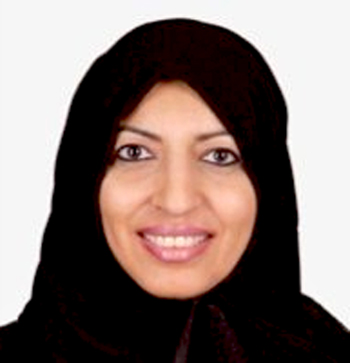Riyadh, Mar 16: The Kingdom’s regulations aim to provide equal opportunities for men and women, observed a Shoura Council member at a women’s day event in Riyadh on Sunday.
Lubna A. Al-Ansary, a professor of family medicine and member of the Shoura Council, delivered a lecture at a function held at the French Embassy to mark International Women’s Day.
 Hosted at the French ambassador’s residence by Maud Besancenot, wife of Ambassador Bertrand Besancenot, the event was organized by the wives of heads of mission in Saudi Arabia, led by Sabine Farra, wife of the Argentinian ambassador.
Hosted at the French ambassador’s residence by Maud Besancenot, wife of Ambassador Bertrand Besancenot, the event was organized by the wives of heads of mission in Saudi Arabia, led by Sabine Farra, wife of the Argentinian ambassador.
As many as 40 wives of heads of mission, in addition to around 80 Saudi women were present to celebrate the day.
Al-Ansary talked about challenges women face in accessing health care in Saudi Arabia, underscoring efforts made by women members of the Shoura Council to strengthen legislation related to the wide definition of women’s health.
She joined the Shoura Council in January 2013 as one of the first women members and is the current deputy chairperson of the Health Affairs and Environment Committee. She recalled that health legislation in the Kingdom is based on the premise of equal provisions for men and women.
Al-Ansary’s speech was followed by an open discussion with the members of the audience, where participants shared their views and experiences in various aspects of women’s life in the Kingdom.
Among other issues, Besancenot underscored the significance of the role of women in tackling pressing environmental issues.
She highlighted the importance of climate change as France is organizing the 21st world climate summit, in December this year, and urged everyone to help raise awareness on this issue.
France was officially appointed host country to hold the conference (Paris Climate Conference – COP21) during the 19th session of the Conference of the Parties to the United Nations Framework Convention on Climate Change in Warsaw (COP19).





Comments
Add new comment